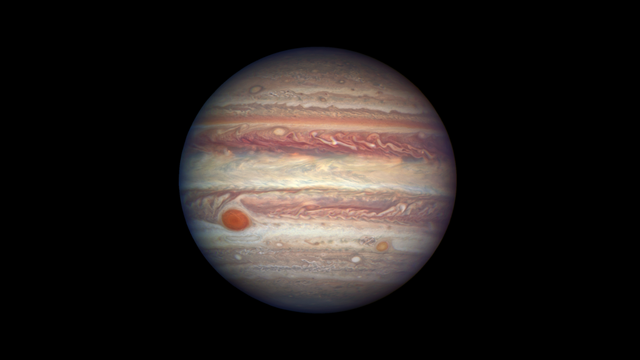Jamala
Senior Member
- Location
- Butterfly from Herts/UK
Interesting question.
Two things keep them in place: Gravity and Inertia
Gravity is the primary force that controls the orbit of the planets around the sun. While each planet has its own gravity based on the size of the planet and the speed at which it travels, orbit is based on the gravity of the sun. Inertia is the physical law that states that objects in motion have a tendency to remain in motion also plays a role in keeping the planets in orbit.
All this designed by a divine mathematician.
Two things keep them in place: Gravity and Inertia
Gravity is the primary force that controls the orbit of the planets around the sun. While each planet has its own gravity based on the size of the planet and the speed at which it travels, orbit is based on the gravity of the sun. Inertia is the physical law that states that objects in motion have a tendency to remain in motion also plays a role in keeping the planets in orbit.
All this designed by a divine mathematician.


